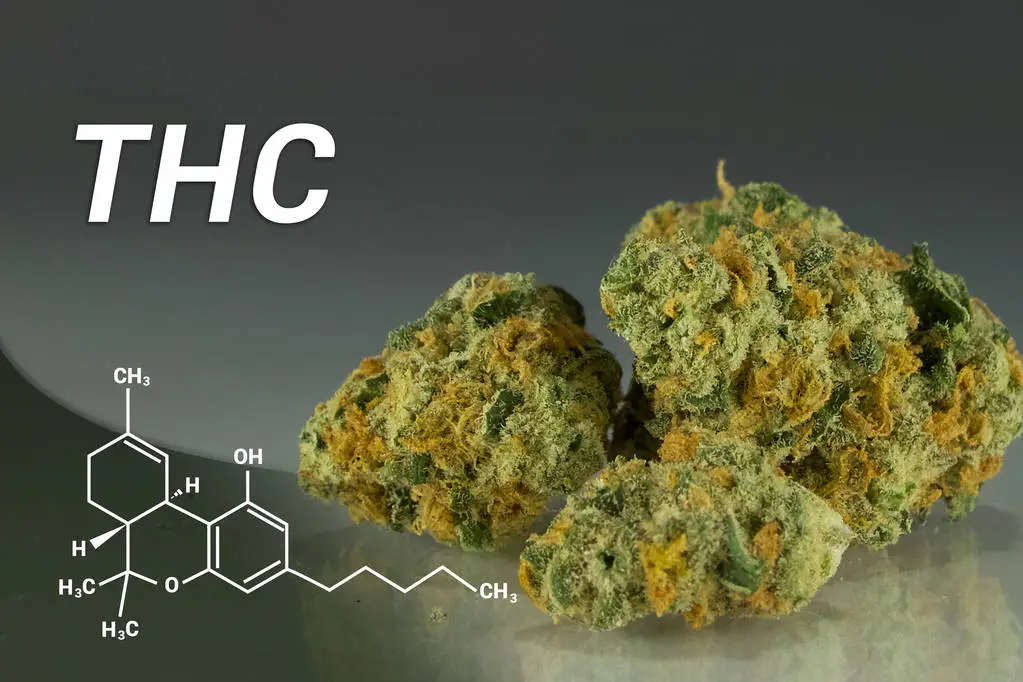A study published in the peer reviewed journal Medical Cannabis and Cannabinoid and e-published by the National Library of Medicine reveals promising findings on the impact of high-THC marijuana on PTSD symptoms.

The real-world, observational study examined 58 UK civilians who had prior cannabis experience and a confirmed PTSD diagnosis, with data sourced from the T21 patient registry.
The research analyzed the effects of controlled inhalation of THC-rich cannabis flowers, focusing on changes in health-related quality of life (HRQoL), mood, anxiety, sleep, and PTSD-specific symptoms. Patients who met the inclusion criteria—having completed both baseline and three-month follow-up PROMs (patient-reported outcome measures) questionnaires—showed notable improvements in overall health, mood, and sleep quality at the three-month mark.
Specific gains were observed in the reduction of PTSD-related symptoms, particularly intrusion (p < 0.001), mood alterations (p < 0.001), and reactivity (p = 0.002), which either stabilized or improved further by six months.
The study found the treatment was generally well-tolerated, with no adverse side effects reported, supporting the potential of THC-based inhalation therapies for PTSD management among cannabis-experienced patients. However, the authors urge further research into long-term safety, particularly for cannabis-naïve individuals, to better understand the broader application and efficacy of THC-dominant cannabis-based medicinal products in PTSD treatment.





